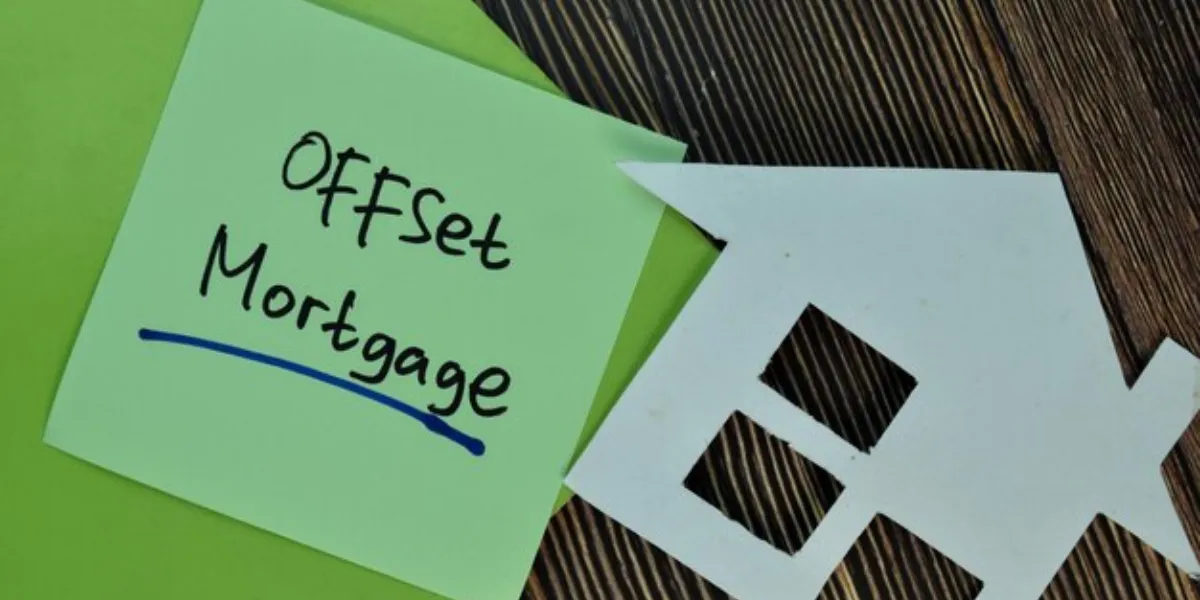Open or Closed Mortgage: Which to Choose?
Buying a home is a significant financial decision, and one of the crucial choices you’ll face is whether to opt for an open or closed mortgage. Each option comes with its own set of advantages and disadvantages, catering to different Open or closed mortgage: Which to choose
Understanding the Basics

To make an informed decision, it’s essential to grasp the fundamental differences between open and closed mortgages. In simple terms, an open mortgage provides flexibility for prepayments and early payoffs, while a closed mortgage offers stability with predetermined terms and conditions.
Pros and Cons of Open Mortgages
Open mortgages grant homeowners the freedom to make extra payments or pay off the entire mortgage without penalties. This flexibility is ideal for those who anticipate a significant influx of cash in the near future. However, this freedom comes at a cost, often in the form of higher interest rates.
Pros and Cons of Closed Mortgages
Closed mortgages, on the other hand, provide stability through fixed interest rates and set terms. While this structure limits the flexibility for prepayments, it shields homeowners from interest rate fluctuations. Closed mortgages are particularly suitable for those who prefer a predictable and secure financial arrangement.
Flexibility vs. Stability

The choice between open and closed mortgages boils down to personal financial goals and preferences. If flexibility and the ability to repay your mortgage faster are your priorities, an open mortgage might be the right fit. On the contrary, if stability and long-term planning are crucial for your financial well-being, a closed mortgage could be the better option.
Interest Rates and Their Impact
Understanding how interest rates affect your mortgage is pivotal. Open mortgages often come with higher interest rates due to the added flexibility they provide. In contrast, closed mortgages offer fixed rates, providing predictability and protection against market fluctuations.
Prepayment Options and Restrictions
Open mortgages allow you to pay off your mortgage early without penalties, offering a valuable advantage for those with variable income or windfalls. Meanwhile, closed mortgages may have prepayment restrictions, which means you need to carefully plan and adhere to the set conditions to avoid penalties.
Term Length Considerations

Consider the term length when deciding between open and closed mortgages. If you prefer a short-term commitment with the ability to reassess your financial situation sooner, an open mortgage might be suitable. On the other hand, closed mortgages are ideal for those seeking long-term stability.
Risk Management and Planning for the Future
Open mortgages expose homeowners to market risks, as interest rates can fluctuate. However, they can also be an effective tool for managing and mitigating risks when used strategically. Closed mortgages, with their fixed rates, offer a more predictable financial landscape, supporting long-term planning and budgeting.
Making the Decision
In the end, choosing between an open or closed mortgage depends on your unique financial situation, goals, and risk tolerance. Assess your current and future financial needs, consider your income stability, and weigh the importance of flexibility versus stability.
Remember, consulting with a financial advisor and thoroughly researching current market conditions can provide valuable insights. Your decision today will shape your financial journey tomorrow, so take the time to make an informed choice that aligns with your individual circumstances and aspirations.
Click here for more visited Posts!





Join The Discussion